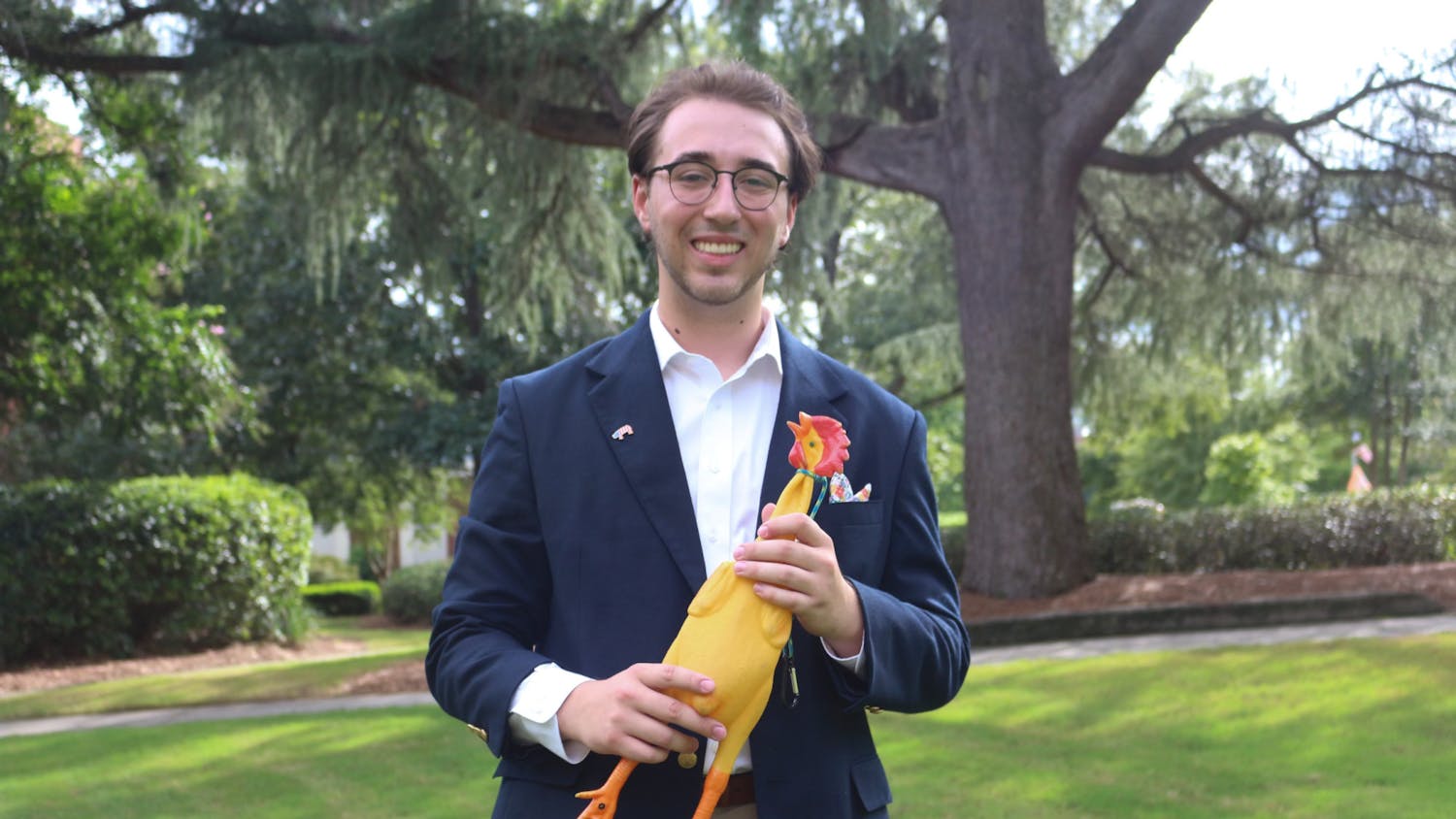The Internet has destroyed our ability to value art, knowledge, and other people.
With the advent of online stores like iTunes, art in the form of music has become a product as opposed to a method of expression.
When once musicians were sponsored by proprietors, because they would otherwise be starving in the streets, and made money off performances, it is now record companies that are taking money for digitally recorded media.
Consider how that system works for a moment: iTunes thrives on users paying money—a rival, tangible commodity—for AAC files—an infinitely replicable, inherently worthless combination of 1s and 0s.
That kind of transaction is in no way equal. It takes no effort on the part of Apple or the record company to allow you to download an AAC file, which can be replicated completely free, while you pay a dollar for something that costs literally nothing. So not only has online music downloading bastardized the art form but also the way that money changes hands.
I once read a novel that depicted a dystopian future where the government had devolved into a corporatocracy, schools were merely outlets for advertisement, and most everyone had computers implanted into their brains that allowed them to access the internet all the time.
With access to all information that humanity has compiled, the protagonist and company saw no reason to commit anything they learned to memory. This affected their critical thinking, and by “affected their critical thinking” I mean “deprived them of the ability to think critically”.
They had not memorized any concepts or reasoned why they were or were not true. Similarly, they used a type of slang that sacrificed complexity of meaning for brevity of expression. Without a wide vocabulary, there was no depth to the messages they tried to convey. Their trite language evolved from the instantaneousness that they were trained to expect from the internet, and therefore expected and emulated in all forms of communication. I have this nagging feeling that we have already reached that point thanks in no small part to social media.
One doesn’t need to look far to see how unsympathetic people on the internet are. Look up any YouTube video. Read the comments. It’s always people arbitrarily tearing each other down because one didn’t agree with the other’s opinion.
Peruse your friends’ Facebook statuses. How many of them are tongue-in-cheek acts of defamation towards others or poorly masked emotions hidden behind song lyrics?
Ever notice how an online chat can have a very vulnerable flavor to it, but when talking to the same friend in person you are unable to be as open, or you maybe even act as if the previous conversation never happened?
Social networking turns people in to data. Novelties. Entertainment. It breeds a certain lack of empathy towards others, and maybe even serves as a sort of safety blanket for communicating thoughts that you otherwise wouldn’t. Why does this happen?
Because nobody is afraid of opening up to or insulting a computer, we become trained to forget that we are talking to people.




